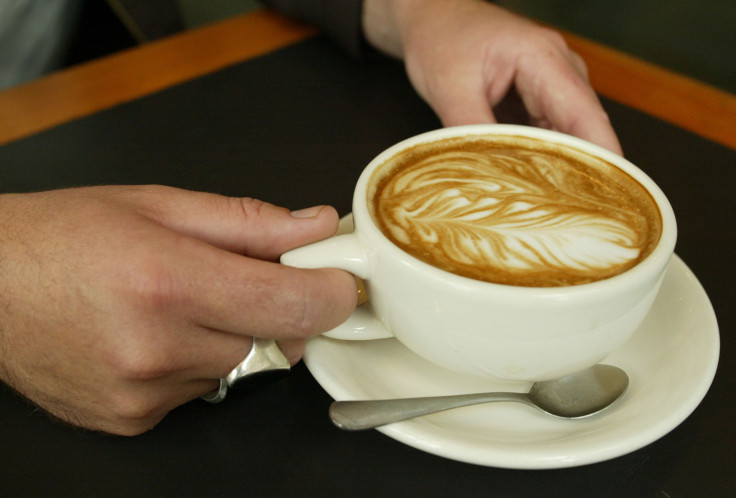Coffee Intake Reduces Endometrial Cancer Risk By 19%, Study Finds

There’s more good news for coffee lovers. Despite health officials asking people to cut down their coffee intake, a string of studies have suggested otherwise. Adding to this growing body of study is another study conducted by researchers from Imperial College London in the United Kingdom.
The new study pointed out that individuals who drank about four cups of coffee a day are a 19 percent lower risk of endometrial cancer than people who drank less than one cup of coffee a day.
“We used a ‘nutrient-wide association study,’ a new approach to systematically evaluate the association of dietary factors with endometrial cancer risk,” Melissa A. Merritt, PhD, a research fellow in cancer epidemiology at Imperial College London in the United Kingdom, said in a press release. “This approach was inspired by genome-wide association studies that look at genetic risk factors for cancer, but in our case we investigated 84 foods and nutrients in place of genes as risk factors for endometrial cancer."
For the study, researchers analysed 1,303 endometrial cancer cases in the EPIC study, and 1,531 endometrial cancer cases from the NHS/NHSII studies. Researchers used the data to compare cancer risks between those who drank up to four cups of coffee a day, those who drank less than one cup of coffee a day and those that didn't drink coffee at all.
“Coffee intake is worth investigating further to see if coffee can be used for the prevention of endometrial cancer. However, before clinical recommendations can be made, further studies are needed to evaluate this question in other studies and to try to isolate the components of coffee that may be responsible for any influence on endometrial cancer,” Merritt said.
This is not the first study to highlight the role of coffee in reducing liver cancer risk. In 2014, researchers from the Università degli Studi di Milan in Italy looked at 16 studies published between 1996 and 2012 and found a 40 percent reduction in HCC risk. An additional 10 percent reduction in HCC risk was found among individuals who drank more than 3 cups of coffee daily.
"The inverse association might partly or largely exist because patients with liver and digestive diseases reduce their coffee intake. However, coffee has been shown to affect liver enzymes and development of cirrhosis, and therefore could protect against liver carcinogenesis," researchers said, according to Huffington Post.
Only last week, researchers highlighted that consuming two or more cups of coffee could reduce the risk of liver cirrhosis by up to 66 percent.
The findings of these study gives rise to the question "How much is too much?" Considering most debates revolving around whether coffee is bad or not are based on the quantity of coffee that should be consumed, it seems like an important factor to consider in this study too.
How Much is Too Much?
However, this new study failed to give any indication on the maximum amount of coffee a person should consume to reap its benefits. According to a study published in Mayo Clinic Proceedings, drinking more than 28 cups of coffee a week is considered "too much."
Coffee has been subjected to both good and bad press. While it is said to have health benefits, including protecting against Parkinson's disease, type 2 diabetes and liver diseases, it has also been linked to obesity, hypertension and coronary heart diseases.
For most people, the health benefits of coffee outweigh the risks, according to Donald Hensrud, M.D. of Mayo Clinic.
According to a National Coffee Drinking study conducted by the National Coffee association, more than 83 percent of American adults drink at least one cup of coffee daily. Among regular coffee drinkers, the average coffee consumption in the United States is 3.1 cups per day.
Hepatocellular carcinoma accounts for about 85 percent of all liver cancers in the U.S., and kills about 16,000 people a year, according to a 2008 review article in the Baylor University Medical Center Proceedings. The Centers for Disease Control and Prevention estimates that 3.2 out of every 100,000 Americans are diagnosed with HCC each year, while researchers at the National Cancer Institute say the rate is 4.9 cases per 100,000 Americans.




















